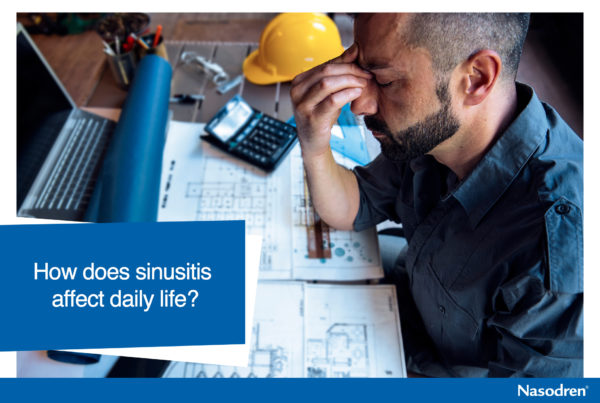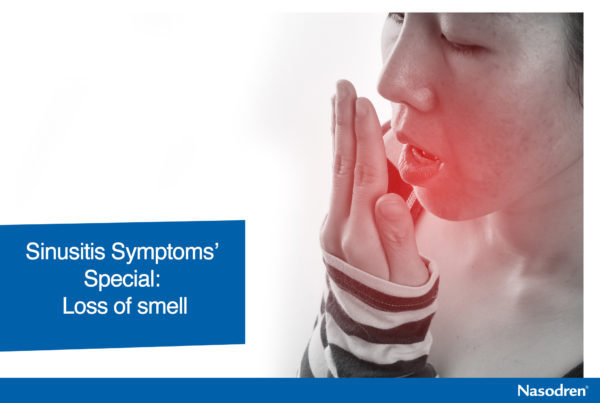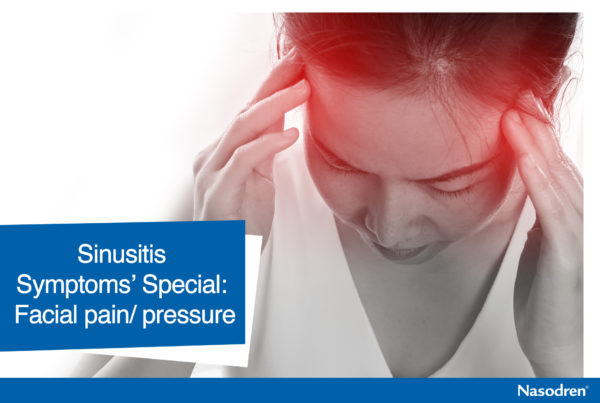According to the American Academy of Otolaryngology-Head and Neck Surgery, 14% of the Americans who are 65+ suffer from chronic sinuses’ symptoms. However, this percentage slightly decreases in Americans in 75 + age group. Since the symptoms affect sleep and create fatigue in aged population, timely treatment will ensure better quality of life.
Chronic Sinusitis in Old People
Patient having chronic sinuses’ symptoms complain about thick smelly drainage, facial pressure, nasal obstruction and headaches. Redness in nasal region and pus drainage may occur. With computed tomography scan (CT scan), chronic conditions can be diagnosed.
Geriatric Rhinitis
Aged people suffering from rhinitis may experience reduction in sense of taste and smell. They may complaint about facial pressure, nasal crusting, nasal stuffiness and persistent need for throat clearing.
Both function and physiology of the nose change with aging process. Length of nose increases. The nasal tip droops as the cartilage weakens. As a result, airflow in the nose reduces, especially in the area where lower and upper lateral cartilages join. Thus, the nasal valve area reduces, causing nasal obstruction. This condition is called geriatric rhinitis. The patients have a sense of nasal obstruction on lying down. Nasal crusts form in the winter. Facial pressure happens in patients on diuretics. Patients suffering from geriatric rhinitis will have dry nose causing irritation.
Treatment for geriatric rhinitis varies from individual to individual, as metabolism of the patient in old age may be slower and chances of side effects may be high due to interaction with medicines administered for other age old-specific problems. Sometimes surgery is also recommended to old patients.
Allergic Rhinitis in Old People
Some old people may have symptoms of allergic rhinitis, including soft pale nose bones, runny nose, watery eyes and sneezing. They should consult an otolaryngic allergist.
According to a research report, sinuses’ symptoms vary with age of the patient. Chances of nasal polyposis and dysosmia are high in elderly patients than in their younger counterparts. Like other body parts, the nose also ages. Decline in submucosal glands with the age thickens mucus. Reduced blood flow in the nose may cause crusting and dryness in the sinuses and the nose. Antihistamines and decongestants prescribed to young sinusitis patients may not be effective for elderly. Surgery of the sinus and nose can be helpful. The elderly population is at greater risk because of weak immune system, poor gag and cough reflexes, dry nasal passages and weak cartilage of the passage.








